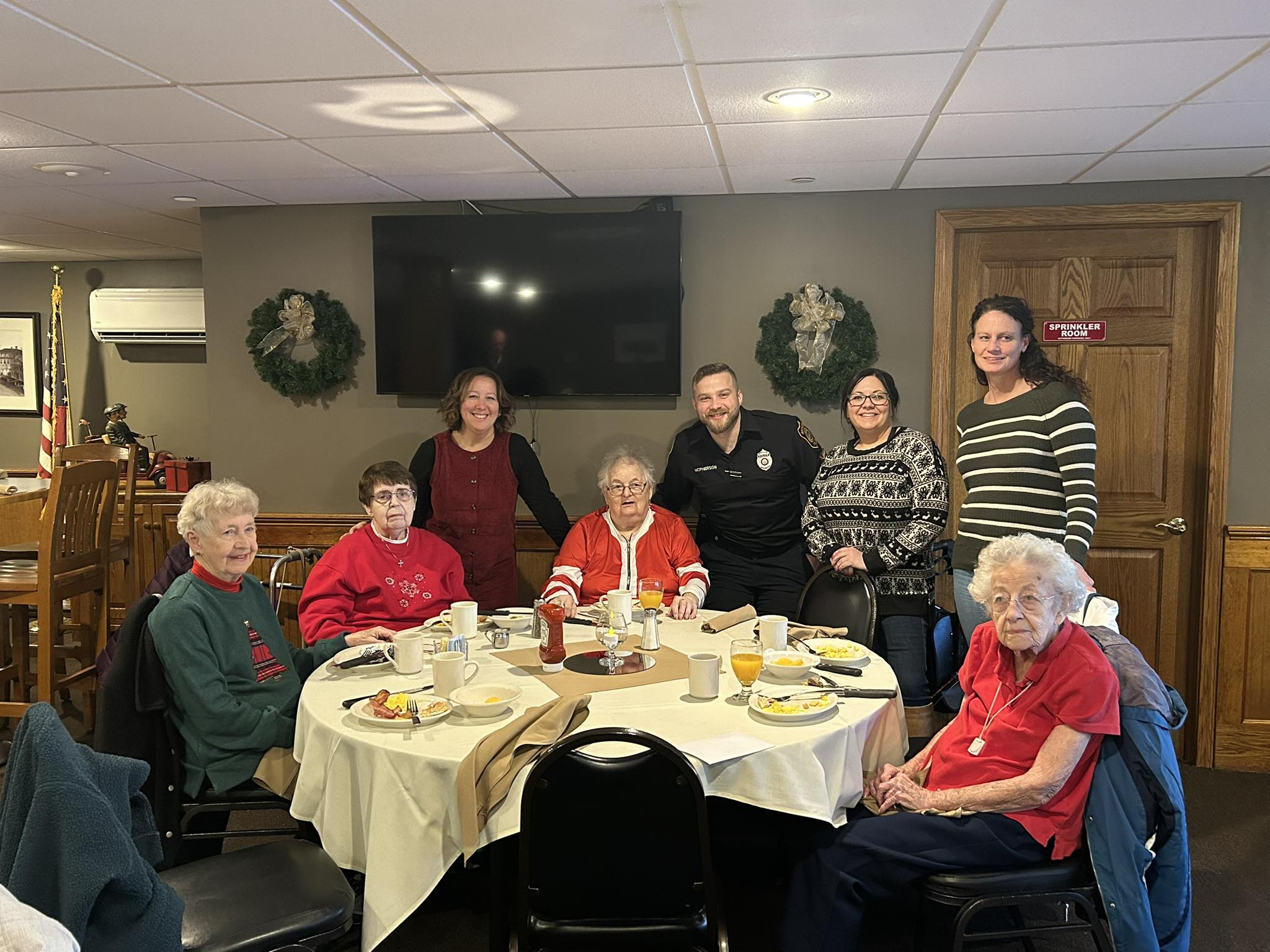Summer is short in the Lakes Region and along the Seacoast, and many people try to pack as much fun as possible into these three months. Because accidents, mishaps, and illnesses can occur during the summer, Frisbie Memorial Hospital offers the following tips for staying safe.
Water Safety:
No matter where you’re swimming – pool, lake, or the ocean – water safety is important for all ages. According to the Centers for Disease Control and Prevention (CDC), drowning is the leading cause of death for children ages 1 to 4 and is the second leading cause of death in children ages 5 to 14. Adults need to be careful, too, especially when alcohol is involved. One slip and fall into a pool while intoxicated can be catastrophic. At New Hampshire’s beaches, beachgoers should watch for changes to the flag color, which represents rip tides or otherwise dangerous conditions. Lifeguards are on duty at New Hampshire State Park beaches during the summer (hours vary by location), but it’s up to individuals to pay attention. If the flag is red, stay out of the water. Also:
- Don’t leave children unsupervised around water.
- It only takes 60 seconds to drown.
- According to the CDC, there are more than 4,000 fatal unintentional drownings each year, an average of 11 drowning deaths per day. And there are 8,000 non-fatal drownings per year, which is an average of 22 non-fatal drownings per day in the U.S.
Sun Safety:
Apply sunscreen, reapply it, and then reapply it again. Sun exposure not only causes premature aging, but it can also lead to skin cancer. The American Cancer Society estimates nearly 105,000 new cases of melanoma this year, with approximately 8,500 deaths in the U.S. alone. Don’t limit sunscreen use to the beach—apply it anytime you’re outside: mowing the lawn, gardening, or playing sports. Protect your skin by wearing a hat and sunscreen.
Heat Stroke and Heat Exhaustion:
Although often confused, heat stroke and heat exhaustion are different conditions.
Heat stroke is the most serious and occurs when the body can no longer control its temperature. As the body temperature rises rapidly, the ability to sweat fails, preventing the body from cooling down. Without emergency treatment, heat stroke can lead to death or permanent disability.
Symptoms include:
- Confusion or altered mental state
- Slurred speech
- Loss of consciousness (coma)
- Hot, dry skin or heavy sweating
- Seizures
- Very high body temperature
Heat exhaustion is the body’s response to excessive water and salt loss through heavy sweating. According to the CDC, those most at risk include older adults, people with high blood pressure, and those working in hot environments.
Symptoms include:
- Headache
- Nausea
- Dizziness
- Weakness
- Irritability
- Thirst
- Heavy sweating
- Elevated body temperature
- Decreased urine output
Fire Pit Safety:
Roasting marshmallows and gathering around the campfire with friends and family is one of summer’s great pleasures. Keep children and intoxicated individuals at a safe distance from the fire, and avoid sitting too close. Always extinguish campfires completely before leaving the area.
Fireworks Safety:
Did you know sparklers can reach temperatures of up to 2,000 degrees? Do not allow small children to play with them. Keep both children and adults at a safe distance from fireworks. Sit back, relax, and leave the pyrotechnics to the professionals.
Check on Your Neighbors:
During the warmer months, it’s important to check on elderly family members and neighbors, especially during heat waves. Older adults may not be aware of rising body temperatures, putting them at risk for heat stroke, which can be fatal.
Warning signs in older adults include:
- Headaches
- Confusion
- Muscle cramps
- Dry mouth
- Low blood pressure
- Rapid heart rate
- Infrequent urination
About Frisbie Memorial Hospital:
Frisbie Memorial Hospital is a 112-bed hospital in Rochester, NH, serving New Hampshire’s Greater Seacoast region and Southern Maine. It is owned by HCA Healthcare, which operates four hospitals, three freestanding emergency rooms, and more than 70 care sites across New Hampshire. HCA Healthcare employs nearly 5,000 colleagues in the state, including 1,500 nurses and 1,000 affiliated physicians. Other HCA Healthcare hospitals in New Hampshire include Catholic Medical Center in Manchester, Portsmouth Regional Hospital, Parkland Medical Center in Derry, and freestanding emergency rooms in Seabrook, Dover, and Plaistow.









